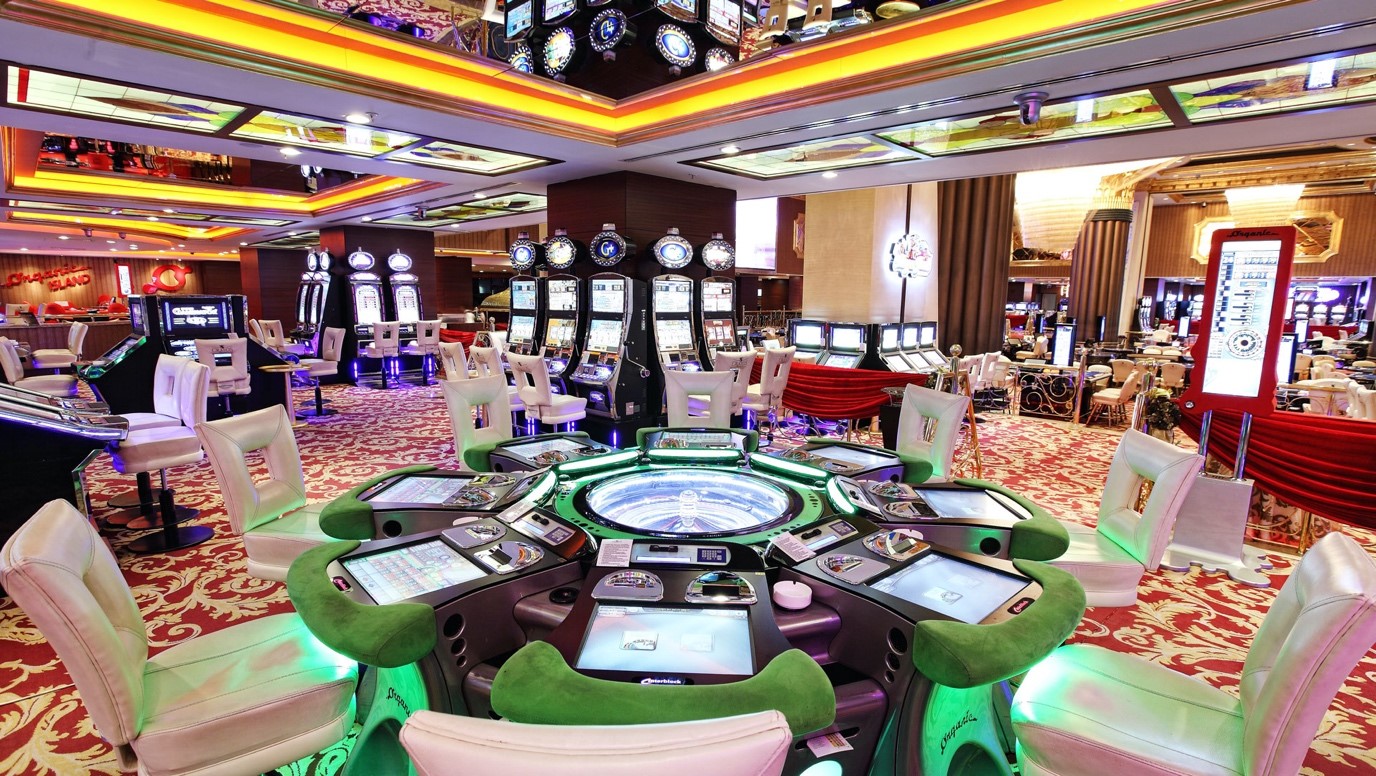Gambling in casinos has long been a subject of fascination and debate, attracting millions of players globally. With a blend of luck, skill, and the excitement of risk, casino games offer an exciting escape from everyday life. However, as entertainment becomes ever more accessible, it invites a more thorough examination of the morality surrounding these games. Bearbrick888
At the heart of the debate lies the issue of whether casinos promote responsible gaming or exploit vulnerable individuals. The allure of potential winnings versus the truth of losses can create a challenging dynamic, and understanding this balance is crucial for both players and operators. As we delve into the morals of casino gaming, we will explore the responsibilities of casinos, the impact on society, and the measures that can be taken to foster a better gaming environment.
The Impact of Casino Gaming on Society
Casino gaming has a notable influence on societal dynamics, affecting not only the financial landscape but also social behaviors and community structures. The funds generated from casinos can lead to job creation and boost local economies, as they provide various employment opportunities in multiple fields including hospitality, leisure activities, and shopping. However, while the financial benefits can be significant, communities often struggle with the possible negative impacts that arise from increased gambling activity.
Additionally, the presence of casinos can lead to an rise in gambling addiction, presenting serious challenges for individuals and families. The thrill of casino games can quickly transform into a habitual habit, affecting connections with others and leading to monetary issues. Many individuals may find it difficult with the loss of control over their gambling behaviors, resulting in a need for community support services and interventions to address this increasing issue. The social cost of addiction can ripple through families and neighborhoods, creating an urgent need for responsible gaming initiatives.
In addition to the economic and social ramifications, casino gaming often reflects cultural attitudes towards uncertainty and entertainment. It can encourage a sense of excitement and leisure, attracting tourists and boosting tourism. However, this allure may also mask the wider implications of gambling as a form of entertainment, raising ethical questions about its promotion and availability. As communities weigh the benefits and drawbacks of casino gaming, the need for sensible approaches and regulation becomes increasingly critical in ensuring that the positive aspects are maximized while reducing the potential harms.
Ethical Concerns in Betting Practices
The morality of gambling operations often revolve around the potential for dependency and its effects on individuals and families. Gambling can lead to significant monetary distress, impacting not only the betters but also their loved ones. As individuals become entrapped in the allure of winning, many lose track of their budget, which can result in catastrophic results such as bankruptcy. This raises moral questions about the responsibility of gambling establishments in promoting responsible gaming habits and providing support for those who may be struggling with betting addiction.
Another critical issue is the promotion of gambling to at-risk populations. Bearbrick888 promotion Gambling establishments often aim at low-income people or communities with the promise of fast rewards, which can perpetuate patterns of financial struggle and despair. In this context, the morality of marketing strategies used by casinos come under scrutiny, as they may exploit the need of people seeking an escape from financial hardships. This exploitation raises ethical questions about the integrity of the gambling industry and its responsibility to protect its most vulnerable patrons.
Additionally, the impact of casino gaming on society as a whole cannot be overlooked. While some argue that casinos create jobs and boost local economies, others point to the community costs associated with problem betting, increased criminal rates, and a strain on public services. Balancing financial advantages with the potential for community issues presents a challenging ethical dilemma for lawmakers and casino operators alike. The challenge lies in discovering a ethical approach that prioritizes the well-being of individuals and communities while still permitting for the pleasure of casino gaming.
Oversight System and Responsibilities
The oversight framework pertaining to casino operations is developed to ensure equity, trustworthiness, and player safety. Different government agencies and gambling commissions establish and enforce regulations that dictate how gambling operations function, the guidelines for activity development, and the protocols for handling rewards. These regulations vary by jurisdiction but typically involve permit requirements for providers and rigorous measures to stop deception and scams.
In also to governing bodies, casino operators bear major accountability in preserving ethical standards within their facilities. They must enforce ethical gambling practices that support gambler security and education, including providing self-ban options and sharing information about the hazards associated with betting. Casinos are also responsible for training employees to spot signs of difficult betting and know the proper measures to help visitors in trouble.
Furthermore, openness in gaming operations is vital for building and maintaining public trust. Gaming establishments should provide clear data about the probabilities of activities, marketing deals, and any connected hazards. By promoting an culture of transparency and accountability, casinos can help lessen the likelihood harmful impact of betting while improving the general gaming experience for all participants.
